🌍 Join the Missions Team
The Missions Team serves locally and beyond, meeting real needs and sharing God’s love in practical ways.
There’s a place for you to serve, support, and make an impact.
📱 email danr@oachurch.com to get involved.

The Missions Team serves locally and beyond, meeting real needs and sharing God’s love in practical ways.
There’s a place for you to serve, support, and make an impact.
📱 email danr@oachurch.com to get involved.
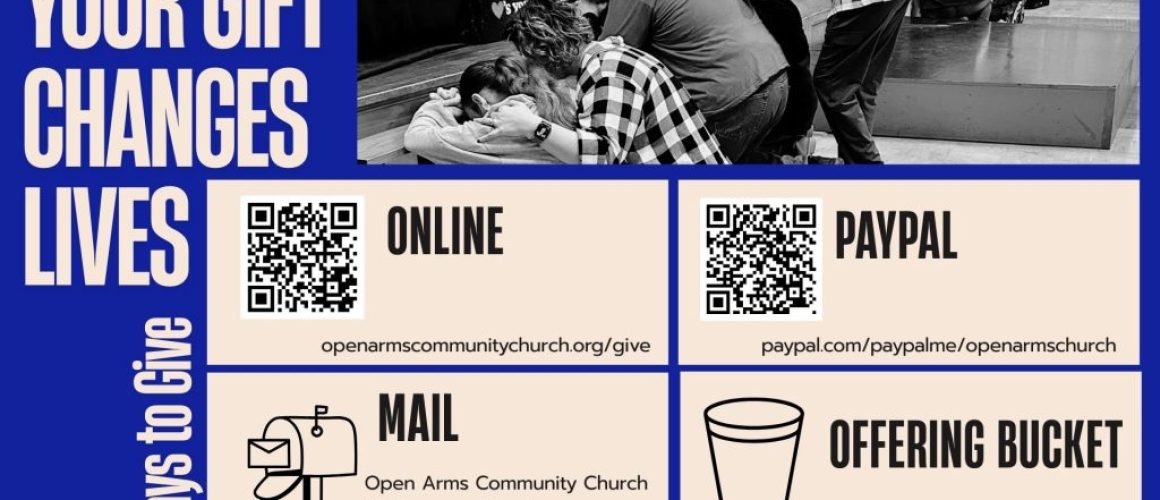
Your generosity fuels ministry, outreach, and care throughout our community.
Giving supports microchurches, missions, and the work God is doing through Open Arms.
📱 Scan the QR code to give

Youth Group at Open Arms is a place for students to belong, grow in faith, and have fun.
Teens are encouraged to explore their faith, build friendships, and discover who God created them to be.
Grades 6-12
🗓️ Sundays
⏰ 6:00–8:00 PM
📍 Open Arms Community Church
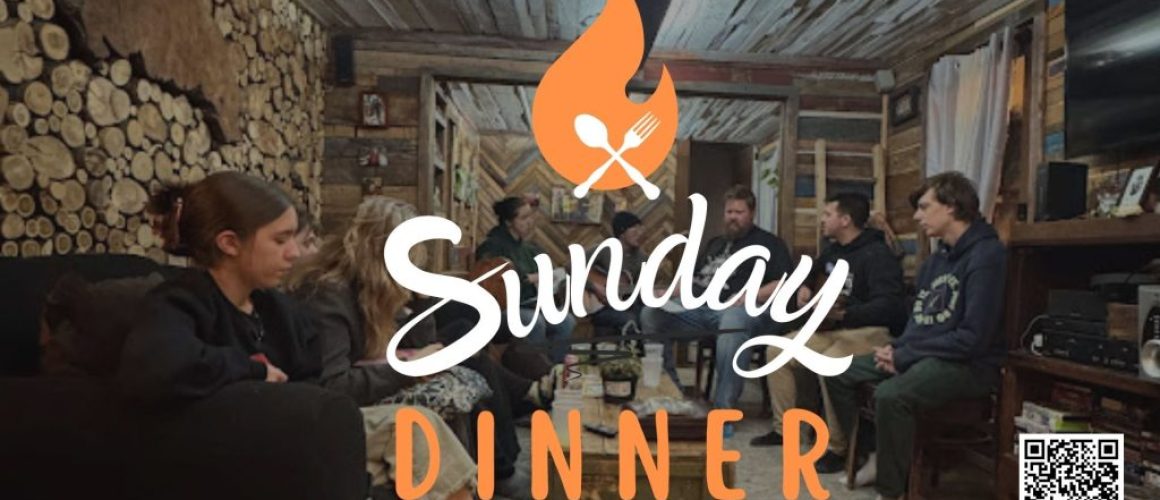
Sunday Dinner is a young adult microchurch built around shared meals, conversation, and faith.
Young adults gather around the table to connect, belong, and grow spiritually.
🗓️ Sundays
⏰ 5:00 PM
📍 869 West Washington St Bradford
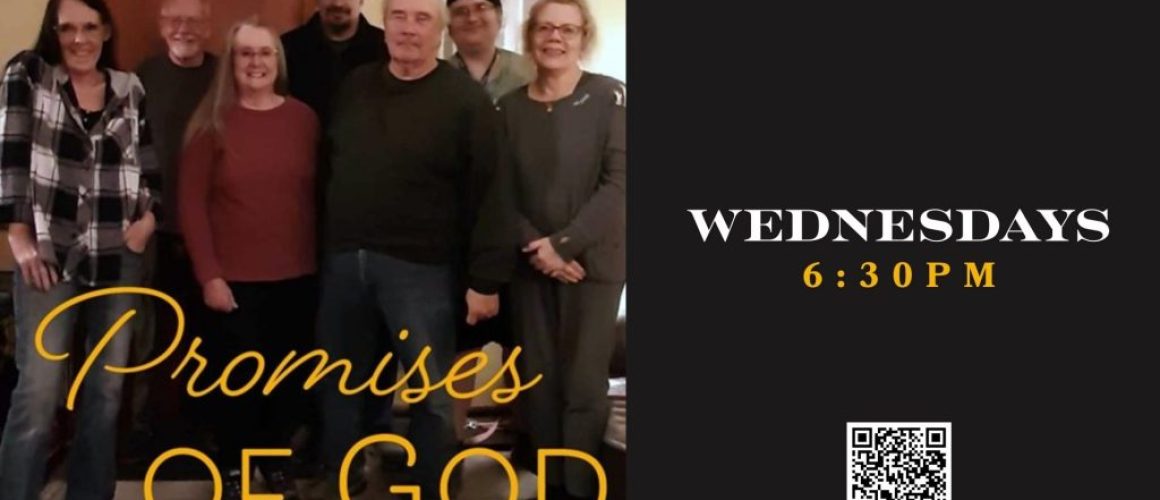
Promises of God is a microchurch focused on God’s Word, encouragement, and trusting His promises.
This community gathers to study Scripture and remind one another of God’s faithfulness.
🗓️ Wednesdays
⏰ 6:30 PM
📍 17 Vista Circle, Bradford
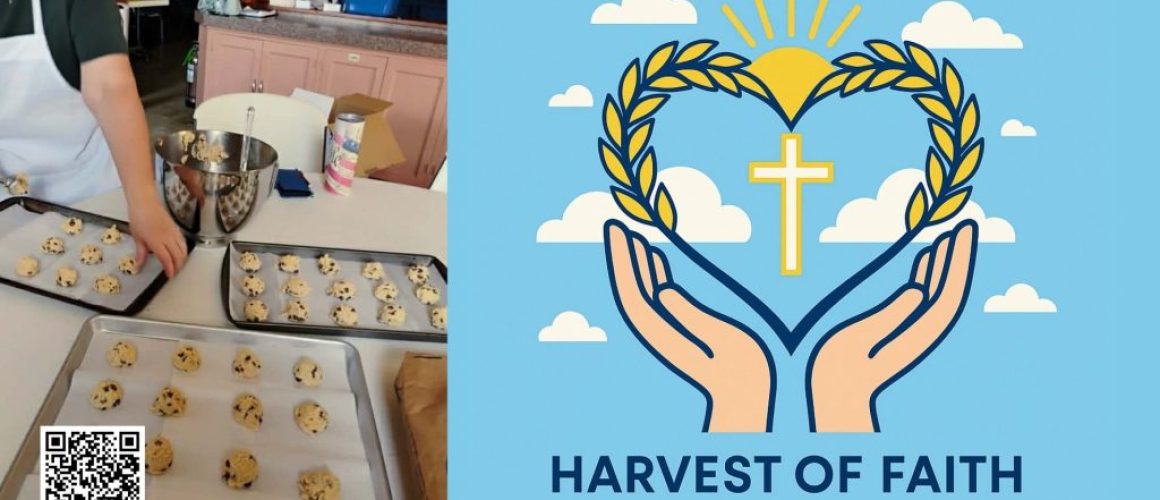
Harvest of Faith is a time of Fellowship and unity while baking and canning. All are welcome to come at no cost. Children must be accompanied by an adult.
🗓️ Saturdays
⏰ 2:00–4:00 PM
📍 Open Arms Community Church Kitchen
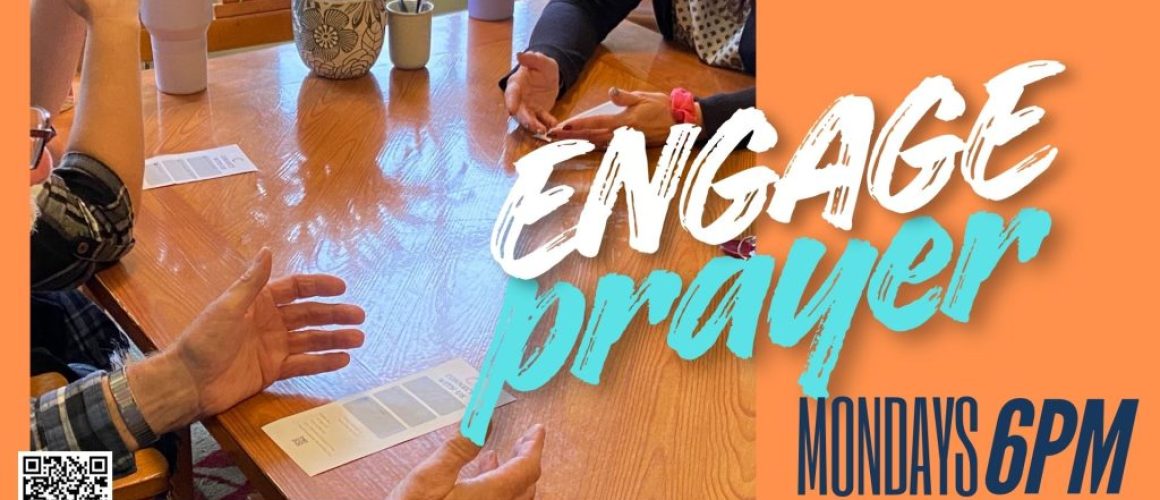
Engage Prayer is a microchurch devoted to prayer, intercession, and listening for God’s voice.
Participants gather to pray for the church, the community, and one another.
🗓️ Mondays
⏰ 6:00 PM
📍 Open Arms Community Church
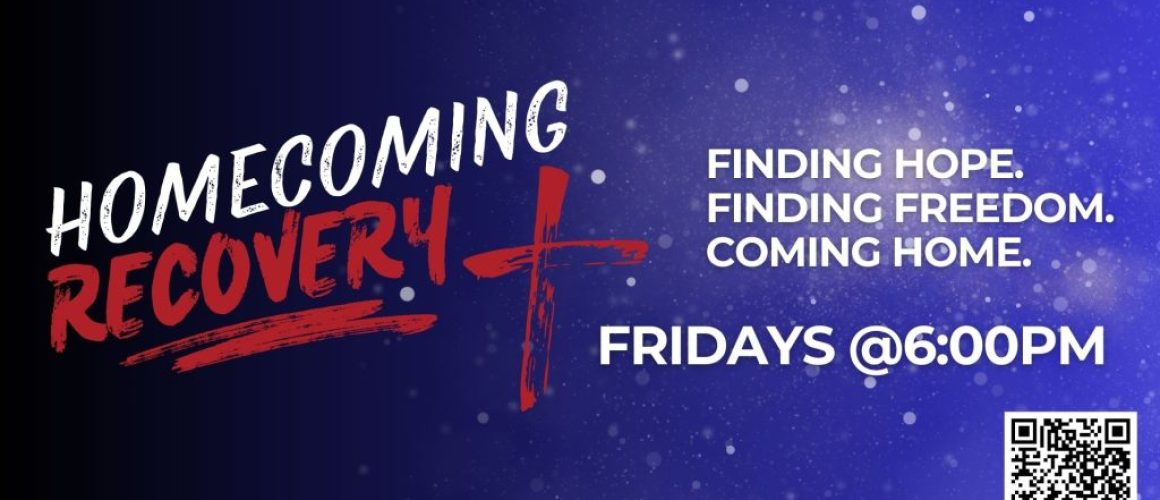
Homecoming Recovery is a Christ-centered recovery microchurch focused on healing, restoration, and freedom.
This community supports individuals walking through recovery with faith, honesty, and grace.
🗓️ Fridays
⏰ 6:00 PM
📍 Downstairs at Open Arms Community Church
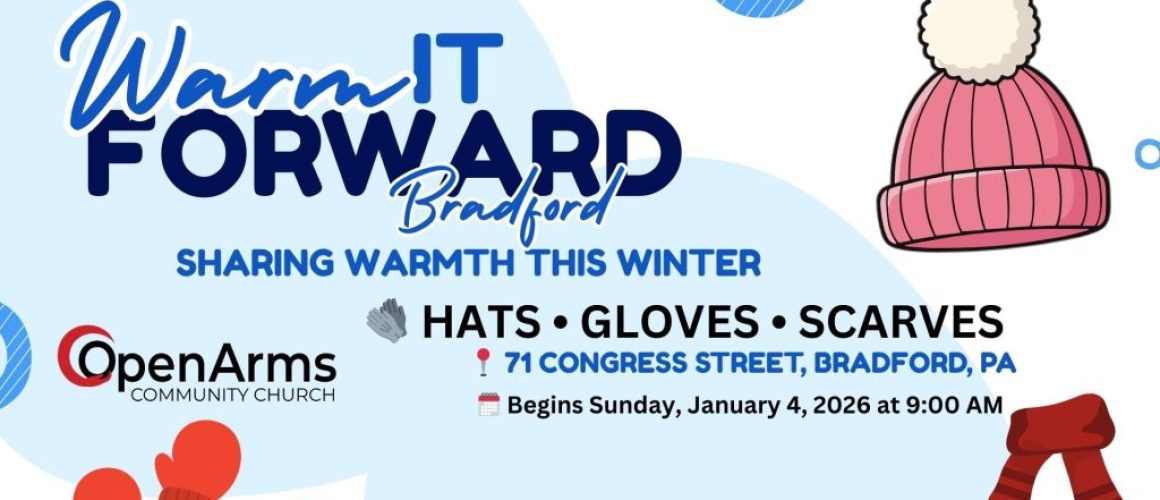
This winter, Open Arms Community Church is offering a simple outreach called Warm It Forward – Bradford.
We are collecting new or gently used winter clothing—including hats, gloves, scarves, and similar items—and placing them on a clothesline outside the church so anyone who needs them can take what they need.
Warm It Forward launches on Sunday, January 4, 2026 at 9:00 AM and will continue every Sunday throughout the winter months as long as items are available.
How to participate:
Donations can be dropped off in the laundry basket in the Youth Room at Open Arms Community Church, located at 71 Congress Street in Bradford, PA.
If you have questions, please contact Lisa Braund at lisab@oachurch.com.
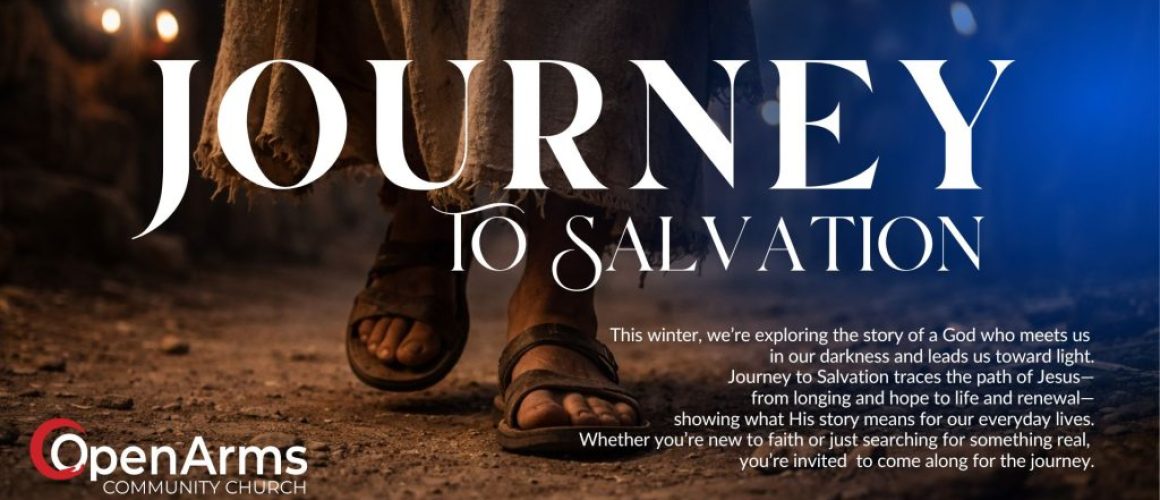
Journey to Salvation explores God’s redemptive story and His invitation to new life.
Each week, we walk through Scripture to understand salvation, grace, and transformation.
🗓️ Sunday Mornings
📍 Open Arms Community Church